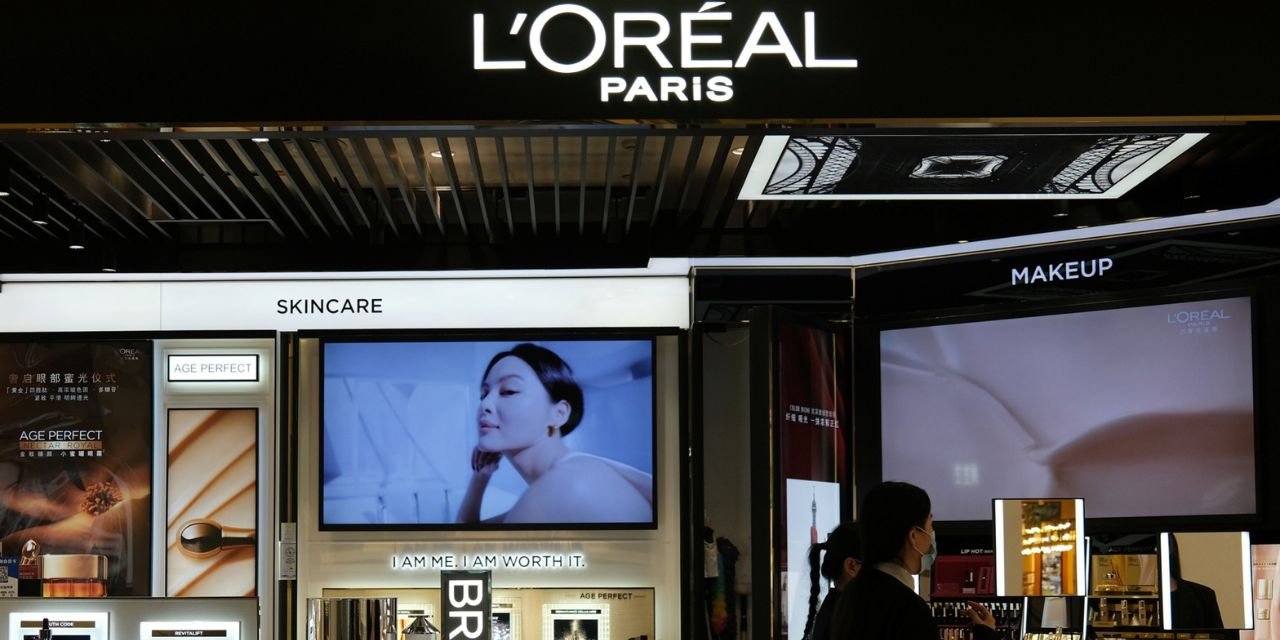Sales at the large French cosmetics company L’Oreal marginally exceeded forecasts in the second quarter as a recovery in China helped to offset slower growth there as consumers tighten their belts in response to rising living costs.
The Paris-based company, which owns brands like Maybelline and Lancome, announced on Thursday that sales in the three months ending in June totaled 10.1 billion euros ($11.1 billion), up 13.7% on a like-for-like basis from the same period last year. This growth exceeded Visible Alpha consensus analyst expectations of 11.9% growth.
Analyst forecasts for L’Oreal sales in North Asia, which are primarily from mainland China, were for growth of 9.5%, but actual growth was just 5.9%. While North American sales increased 9.7% at a slower rate than in the first three months, growth in Europe accelerated, up 20.8%.
As disappointing economic data and a slower-than-expected recovery for the luxury goods sector in the nation lately knocked on the share prices of Cartier owner Richemont and industry leader LVMH, China has emerged as a significant concern for investors.
Before the pandemic, higher-end items had been outperforming mass market products for several years, according to a survey of online sales of multinational cosmetics labels in China.
The head of L’Oreal said that the French firm had not seen the pattern while pointing out that the group had brands from opposing political ideologies among the top brands on Tmall, JD.com, and Douyin for the 618 shopping festival, the second-largest live-stream shopping event in China after Singles’ Day.
According to Hieronimus, L’Oreal increased market share and grew in the “high teens,” surpassing a 6.5% increase in the beauty market as a whole in mainland China.
The luxury subsidiary of L’Oreal, which has a market share of more than 30% in China’s high-end cosmetics industry, saw considerable growth.
It benefited from growing sales of its Lancome brand, the high-end Japanese skincare brand Takami, which it just introduced in China, as well as from cosmetics it produces under the Yves Saint Laurent, Valentino, and Prada labels.

